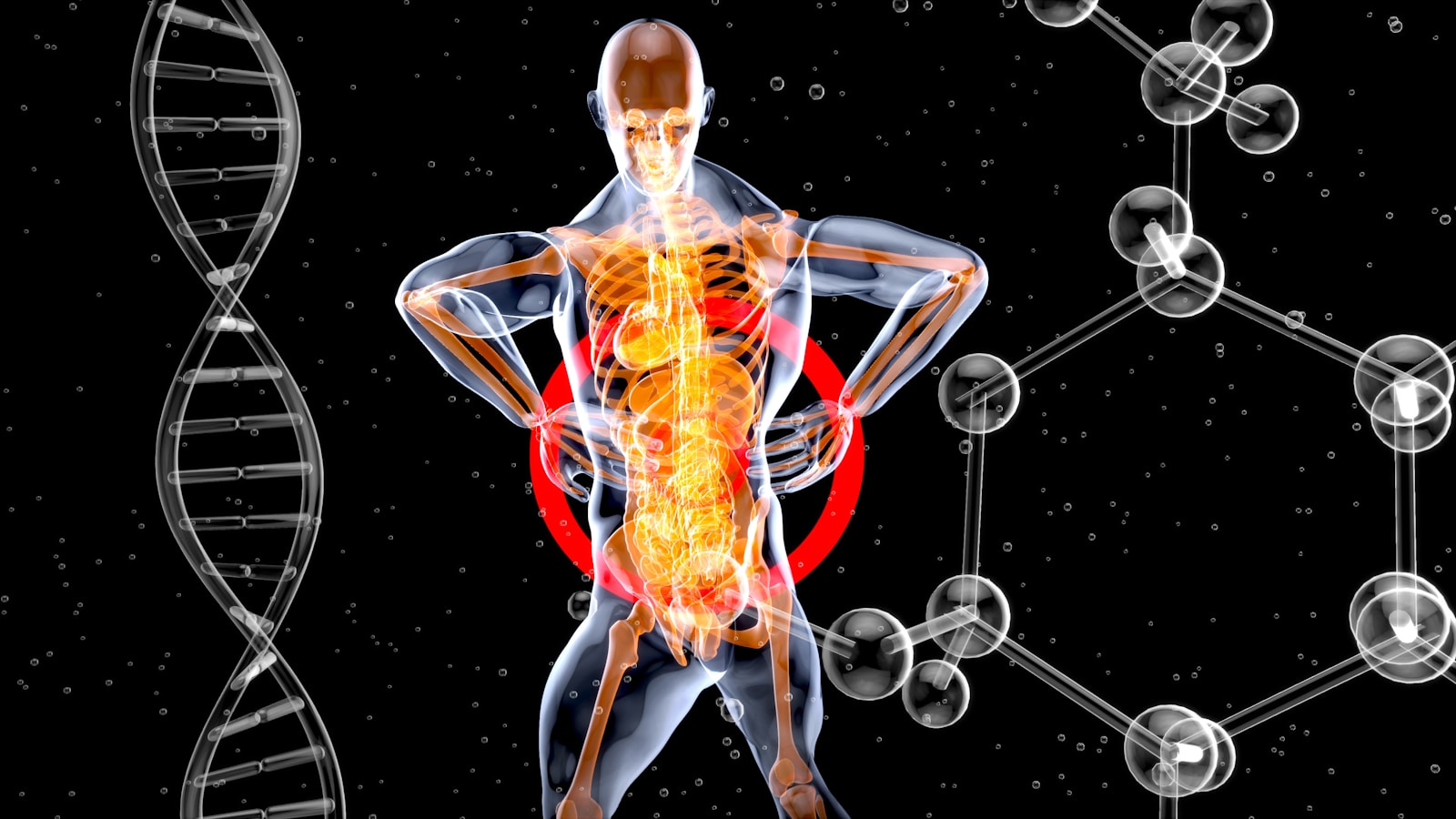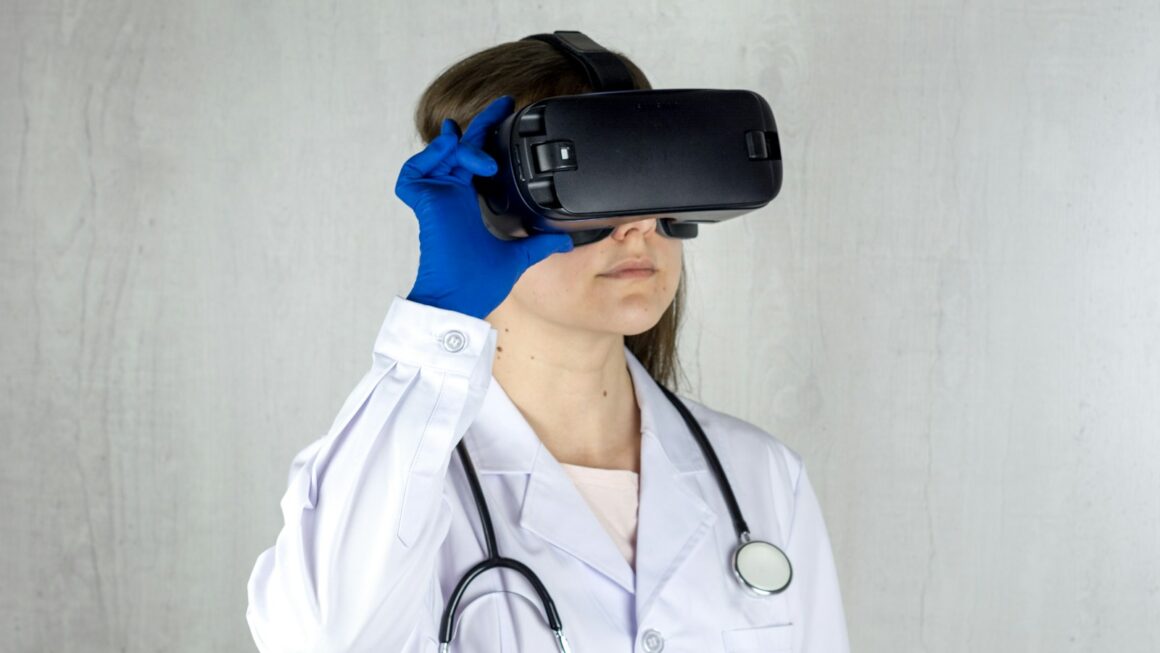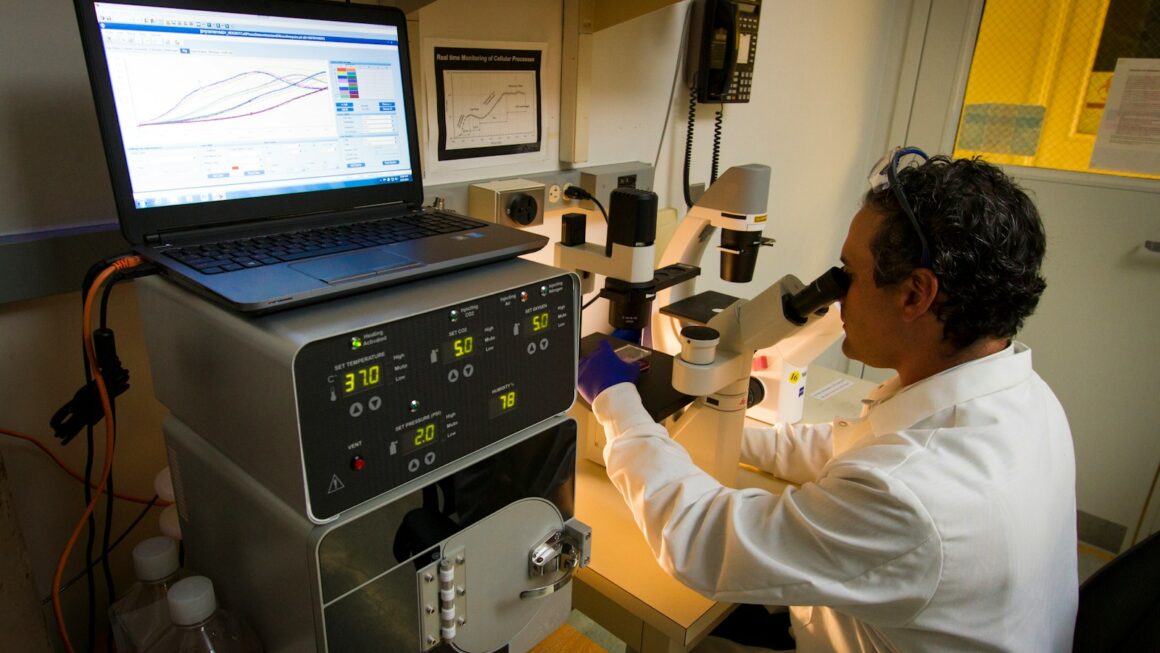Precision medicine has revolutionized healthcare by focusing on tailoring medical treatments to individual patients based on their genetic makeup, environment, and lifestyle factors.
This personalized approach allows healthcare professionals to prescribe the most effective and targeted therapies, leading to better outcomes and reduced side effects for patients. By utilizing advanced technologies such as genomics, proteomics, and data analytics, precision medicine aims to optimize treatment plans and prevent diseases before they manifest.
One of the key advantages of precision medicine is its potential to shift the healthcare paradigm from a reactive to a proactive model. By identifying genetic risk factors early on, healthcare providers can intervene preemptively and customize treatment strategies to address individual health needs. This proactive approach not only improves patient care but also helps in reducing overall healthcare costs by avoiding unnecessary procedures and treatments. As precision medicine continues to evolve, it holds the promise of transforming the healthcare landscape and ushering in a new era of personalized and efficient medical care for all.
The Rise of Immunotherapy in Cancer Treatment
Immunotherapy has emerged as a groundbreaking approach in cancer treatment, revolutionizing the way we combat this complex disease. By harnessing the power of the body’s immune system to target and destroy cancer cells, immunotherapy offers a promising alternative to traditional treatments like chemotherapy and radiation.
One of the key advantages of immunotherapy is its ability to specifically target cancer cells while sparing healthy tissues, reducing the harsh side effects commonly associated with conventional treatments. This precision targeting makes immunotherapy an appealing option for patients seeking a more tailored and effective approach to managing their cancer.
Gene Editing Technologies Revolutionizing Healthcare
Gene editing technologies have emerged as a game-changer in the field of healthcare, offering unprecedented precision in targeting and modifying genetic material. With the advent of tools like CRISPR-Cas9, scientists can now edit DNA sequences with unparalleled accuracy, paving the way for potential treatments of genetic disorders that were once thought to be incurable. This revolutionary approach not only holds promise for addressing hereditary conditions but also opens up new avenues for developing personalized therapies tailored to an individual’s unique genetic makeup.
Furthermore, gene editing technologies are reshaping the landscape of disease prevention and treatment by enabling researchers to study the effects of specific genetic mutations and explore novel therapeutic interventions. By harnessing the power of gene editing, healthcare providers are increasingly able to intervene at the molecular level, potentially mitigating the progression of various diseases. As these technologies continue to evolve and become more sophisticated, they have the potential to transform the way we approach healthcare, offering new hope for patients and driving advancements in precision medicine.
Artificial Intelligence in Diagnosing and Treating Diseases
Artificial Intelligence (AI) has demonstrated remarkable potential in revolutionizing healthcare by enhancing the accuracy and efficiency of diagnosing and treating diseases. One of the key strengths of AI lies in its ability to analyze vast amounts of data quickly and identify patterns that may not be apparent to human practitioners. This capability enables AI to assist healthcare professionals in making more informed decisions based on evidence-based insights derived from complex datasets.
Moreover, AI systems can leverage machine learning algorithms to continuously improve their diagnostic capabilities through training on new data inputs. This iterative learning process not only enhances the accuracy of disease diagnosis but also contributes to the development of personalized treatment plans tailored to individual patients. By incorporating AI into medical practices, healthcare providers can access a valuable tool that complements their expertise, leading to more precise diagnoses and improved patient outcomes.
Regenerative Medicine: Growing Organs in the Lab
Regenerative medicine is a cutting-edge field that holds immense promise for the future of healthcare. Scientists and researchers are now able to grow organs in the lab using innovative techniques that have the potential to revolutionize organ transplantation. By harnessing the power of stem cells and tissue engineering, they are able to create functional organs that can be used to replace damaged or diseased tissue in patients.
This breakthrough in regenerative medicine not only offers hope for those in need of organ transplants but also presents new opportunities for personalized medicine. By growing organs in the lab, healthcare providers can tailor treatments specifically to each individual’s unique needs, reducing the risk of rejection and improving overall outcomes. As technology continues to advance, the possibilities for regenerative medicine are endless, paving the way for a future where growing organs in the lab could become a routine part of healthcare.

Personalized Medicine: Tailoring Treatments to Individuals
Personalized medicine is redefining the landscape of healthcare by shifting the focus from a one-size-fits-all approach to treatments tailored specifically to each individual’s unique genetic makeup, lifestyle, and environment. By analyzing a patient’s genetic information, biomarkers, and other relevant data, healthcare providers can now design targeted therapies that are more effective and have fewer side effects. This precision in treatment not only improves patient outcomes but also minimizes the likelihood of adverse reactions, ultimately leading to a higher quality of care.
Furthermore, personalized medicine is revolutionizing the way diseases are diagnosed and managed, offering a more proactive and preventive approach to healthcare. With advancements in technology and data analytics, medical professionals can predict an individual’s susceptibility to certain conditions, allowing for early intervention and personalized preventive strategies. By leveraging this personalized approach, healthcare can be more efficient, cost-effective, and ultimately lead to a healthier population.
Nanotechnology in Drug Delivery and Treatment
Nanotechnology has rapidly emerged as a game-changer in drug delivery and treatment strategies. By utilizing nanoparticles ranging from 1 to 100 nanometers in size, researchers can precisely target specific cells or tissues with therapeutic agents. These nanoparticles can be engineered to enhance solubility, stability, and bioavailability of drugs, ultimately improving their efficacy and reducing side effects.
Moreover, nanotechnology enables the development of smart drug delivery systems that respond to the unique microenvironment of diseased tissues. By incorporating stimuli-responsive components, such as pH-sensitive polymers or magnetic nanoparticles, drugs can be released at the right time and location within the body. This level of precision offers the potential for personalized medicine approaches tailored to individual patient needs, heralding a new era of targeted and efficient therapies in healthcare.
Telemedicine: Providing Healthcare from a Distance
Telemedicine is a rapidly growing field that leverages digital technology to provide healthcare services remotely. Through telecommunication tools such as video calls, online chats, and mobile apps, healthcare professionals can consult with patients, make diagnoses, and even prescribe treatment plans without the need for an in-person visit. This innovative approach to healthcare delivery has proven to be particularly beneficial in cases where physical distance or mobility issues may hinder traditional healthcare access.
Patients in rural or underserved areas are now able to receive expert medical care from specialists located in urban centers, bridging the gap in healthcare disparities. Telemedicine also offers a convenient and efficient way for individuals to seek medical advice, especially for minor ailments or routine follow-up appointments. The ability to access healthcare from the comfort of one’s own home not only saves time and money but also reduces the burden on traditional healthcare facilities, allowing them to focus on more critical cases.
3D Printing in Medical Applications
3D printing has emerged as a groundbreaking technology with vast potential in the field of medicine. Its applications range from creating patient-specific implants to developing customized prosthetics. Through the precise layer-by-layer deposition of materials, 3D printing enables the production of complex medical devices that would be challenging to manufacture using traditional methods. This technology has revolutionized how healthcare professionals approach treatment planning and has significantly enhanced patient outcomes.
Moreover, 3D printing plays a crucial role in medical education and training. It allows for the creation of anatomically accurate models that can aid in surgical simulations and pre-operative planning. These models provide surgeons with a tangible representation of a patient’s unique anatomy, enhancing their preparedness and optimizing surgical procedures. The ability to practice intricate procedures on lifelike models helps healthcare professionals refine their skills and ultimately improve patient care.
The Future of Healthcare: Integrating Technology and Traditional Medicine
The integration of technology and traditional medicine is poised to revolutionize the future of healthcare. Advancements in digital health tools, such as telemedicine platforms and wearable devices, are enhancing patient care by enabling remote access to medical services and real-time monitoring of health metrics. At the same time, traditional medical practices rooted in evidence-based medicine continue to form the foundation of clinical decision-making, ensuring that patient care remains safe and effective.
By combining the expertise of healthcare professionals with the power of technology, healthcare systems are becoming more patient-centric and efficient. Electronic health records and artificial intelligence algorithms are streamlining administrative processes and supporting clinical decision-making, leading to improved outcomes and reduced healthcare costs. As the healthcare landscape continues to evolve, the integration of technology and traditional medicine will be essential in delivering high-quality, accessible care to individuals around the globe.



